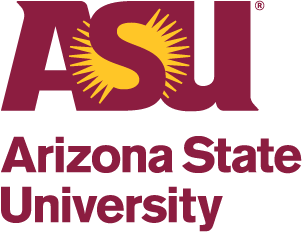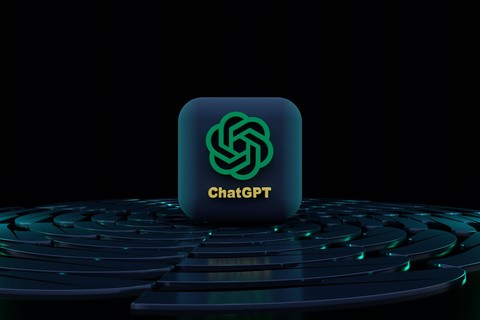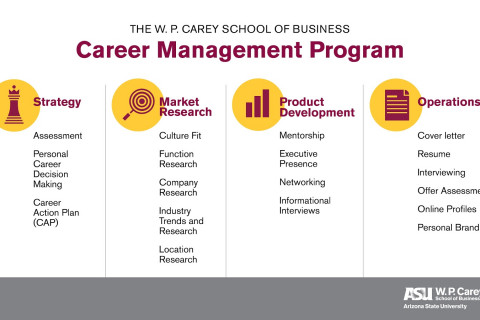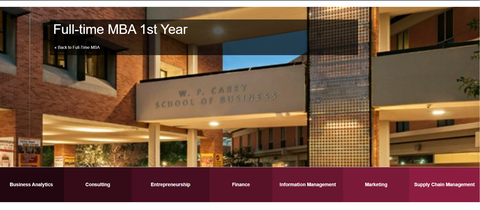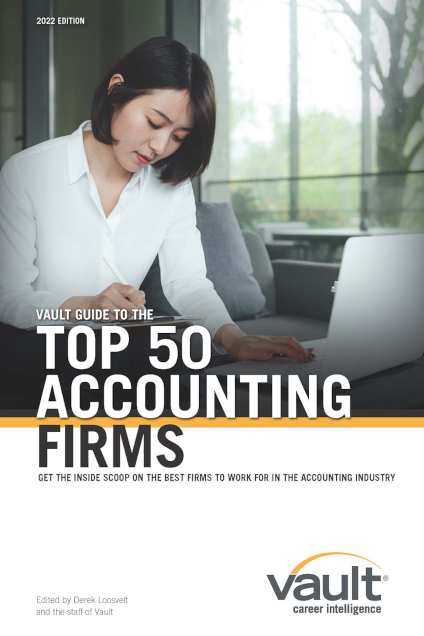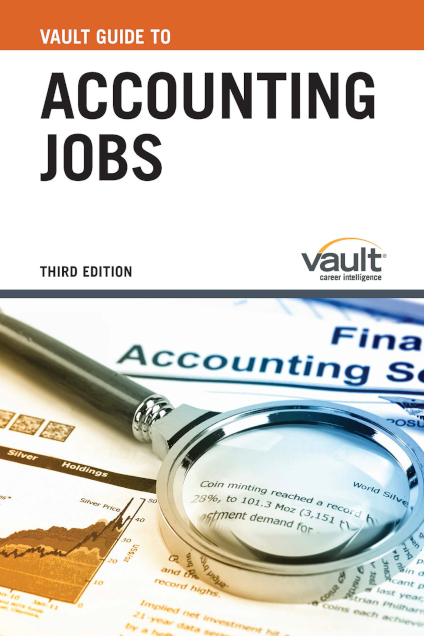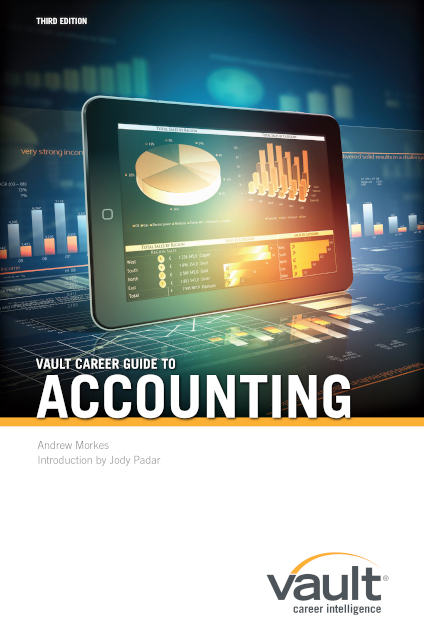Generative Artificial Intelligence (AI) has been around since the 1960’s but since the release of ChatGPT in November of 2022, it’s been a hot topic everywhere, including the career space. It’s no secret that students are using generative AI to …
KPMG internships are excellent opportunities for undergrad and graduate students to learn more about career options in the professional services industry. Since KPMG is one of the largest accounting firms in the world, interns can experience working with incredibly well-known …
We know that too many students think that the work of finding a job out of business school is simply about writing resumes and hoping to land interviews. We also know that the process can be overwhelming and feel like …
Welcome back to a new semester! I hope you had a wonderful break. As you jump back into the swing of things, here are some key career-related items to keep top-of-mind:
Career Services Center wants to partner with you as …
As an incoming W. P. Carey MBA student, there are a lot of resources available to you. Over the next two years you will work closely with the full-time MBA career coaching team. Accordingly, we would like to introduce you …
